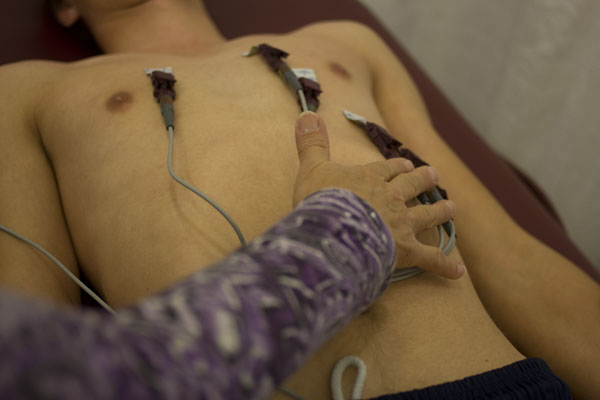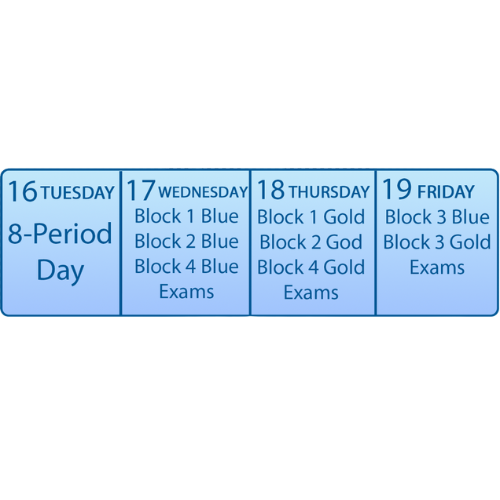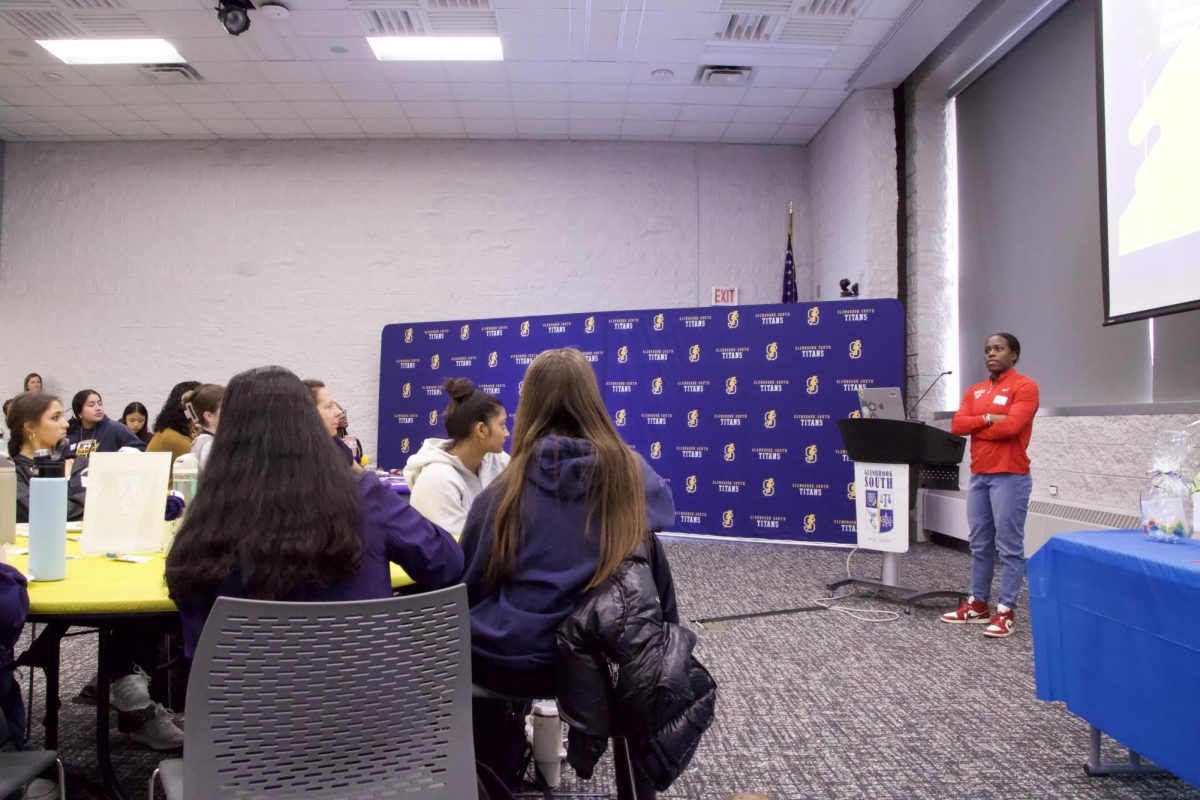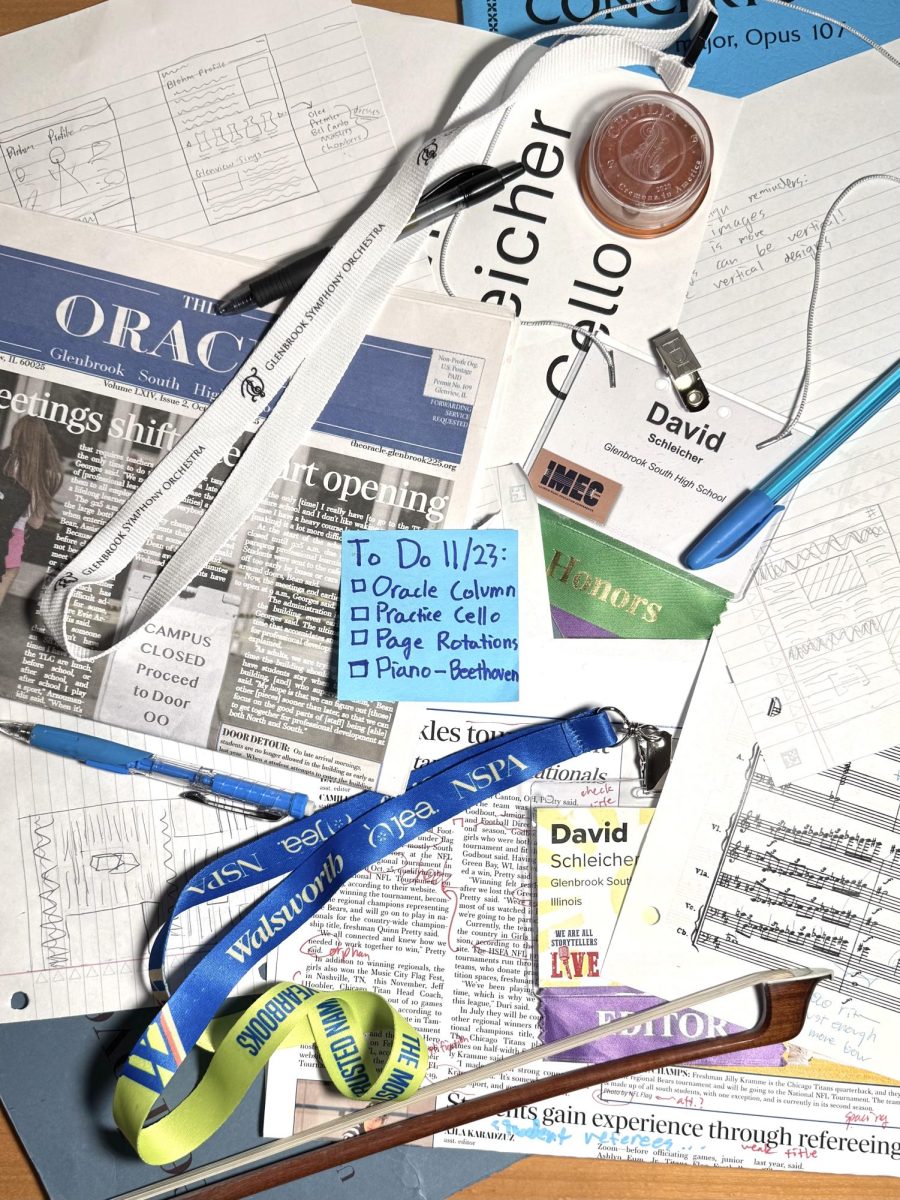South hosted Screen for Teens, Max Schewitz Foundation’s free cardiac screening for students, on Oct. 23.
According to an email sent to parents by Principal Dr. Brian Wegley, students who chose to participate in Screen for Teens had an electrocardiogram (EKG) as well as an echocardiogram for certain students. An EKG detects certain signs, or “markers”, from the heart rhythms that indicate the presence of irregular heartbeats and potentially serious heart conditions. An electrocardiogram takes a picture of the heart to clarify EKG results.
Despite the advantages of having an EKG, they do have flaws, according to Wegley’s email. Only 40 to 50 percent of “markers” are detected by EKGs. In addition, around 2 percent of all tests generate false positive results.
Some students had an EKG out of concern for their own heart, such as senior Casey Henrickson.
“I [had] an EKG in case I have a heart problem I don’t know about,” Henrickson said. “There are physical symptoms that transcend my ability to detect medical issues and an EKG helps detect those symptoms.”
Not all students who participated did so because they are personally concerned about any potential heart conditions, such as senior Andrew Golucki.
“[I had an EKG because] my mom [wanted] me to,” Golucki said.
According to the Max Schewitz Foundation’s website, Max Schewitz was a student at GBN who had a serious undetected heart condition from which he died at the age of 20. His parents discovered that many heart conditions can be detected and treated, and afterwards started the Max Schewitz Foundation in an attempt to make sure more people can detect and treat heart conditions that would kill them if undetected. As a result of the Foundation’s efforts, more than 35,000 students have had EKG’s through their Screen for Teens program.
South alumni Diana Pearl had a heart condition called Wolff Parkinson White Syndrome that caused her to have irregular heartbeats – a condition she only discovered because of an EKG.
“The EKG literally saved my life,” Pearl said. “Because without it, [Wolff Parkinson White Syndrome] is the type of condition that if you live with it, if and you don’t know about it, you can go into cardiac arrest at any moment. [You] are basically like a time bomb.”
Pearl continues to be a strong proponent of EKGs after her experience.
“It’s more strenuous to get your weight taken [than to have an EKG] because then you have to stand up,” Pearl said. “[Having an EKG] is so important, and the whole point of it is that you don’t know you need one until [you’ve had one].”














